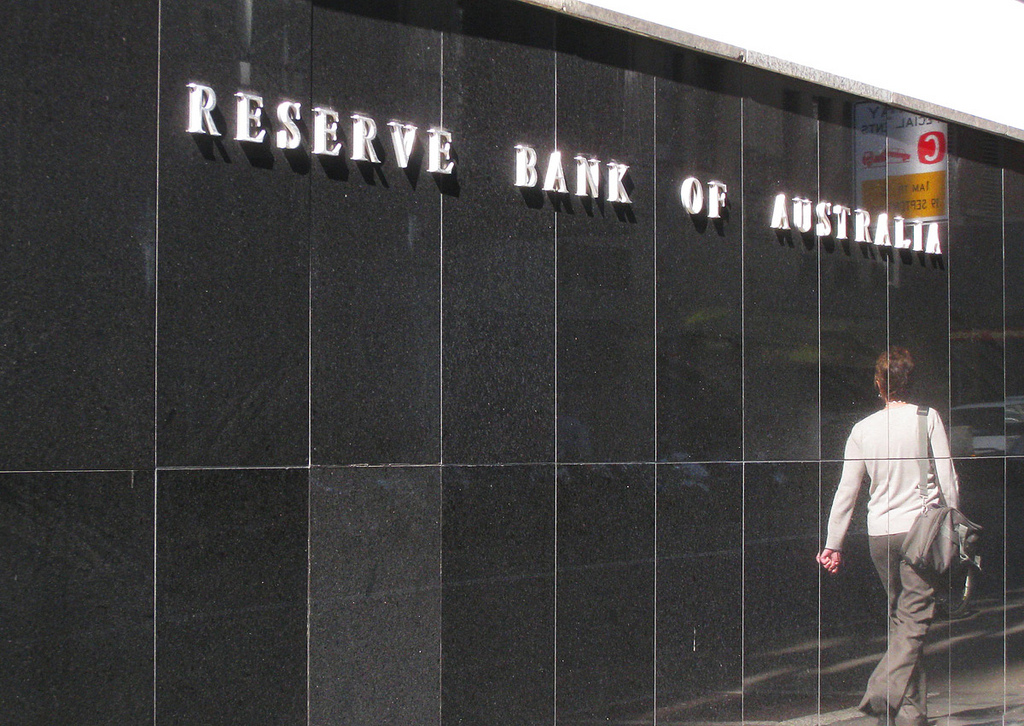Federal agencies and departments stalling on paying their suppliers have been officially warned they must quickly pay bills under $10,000 by credit cards (or other payment cards), while late-payers running over 30 days in arrears will be slugged with interest payable to the business owed the money.
That’s the firm guidance set out to buyers and suppliers on the AusTender procurement system by Department of Finance on Monday which stipulates a bold new regime that aims to dramatically cut the time it takes to get paid by the government after January 1st 2015.
The new payment requirements are part of a wider push by the Abbott government and its Finance Minister Mathias Cormann to dramatically speed-up (electronic) cash flow for small businesses selling to the federal sector that were flagged during the election campaign and subsequently handed down in the Budget.
Small business groups have long-agitated for payments reform in procurement, but the latest requirements are set to create a miniature boom for issuers of credit cards who will now be able to clip-the-ticket on government payments volume.
But it pays to read the fine print. The guidance reveals that small businesses will first have to ask to be paid by credit cards (and presumably scheme debit cards or Eftpos cards). More importantly, they will actually have to be capable of accepting them.
“Non-corporate Commonwealth entities must, to the extent practicable, provide suppliers an opportunity to request payment via a payment card for amounts below $10,000,” the guidance from Finance says.
The official advice also stipulates that departments must “establish processes that promote payment cards as a preferred option for eligible payments to suppliers valued below $10,000. “
Although many established merchants selling into government already have credit card facilities, there are still literally thousands of contractors and other individual providers living off batched direct bank deposits that stand to get their money a lot sooner if they obtain credit card acceptance facilities.
It is understood that at least one major retail bank is rapidly evaluating a push to sell online card acceptance facilities to government contractors in the hope of signing-up a rush of what has been dubbed ‘the coalition of the billing’.
The push would prospectively offer suppliers a bank-hosted, online secure payments gateway that allows government card payments to be processed and made available in almost real-time, while taking care of often onerous and expensive payment card data security standards.
There’s also good news for suppliers concerned that they could bleed margin thanks to lucrative bank ‘merchant service fees’ that typically work by taking a monthly fee and/or a small percentage of a transaction and the confounding system of ‘interchange’ fees.
Under the new system, sellers to government will be able to include the cost to them of processing the transaction through a surcharge set in-line with Reserve Bank regulations (that the card industry has aggressively opposed since they were introduced).
That means if government agencies pay with their heritage Diners Club card, the taxpayer will pick-up the tab for the higher fees incurred by the supplier.
Meanwhile, departments and agencies less inclined towards meeting payment deadlines will soon get a dose of the same incentive the taxman metes out to civilian late payers.
For bills less than $1 million Finance has set a 30-day payment threshold, assuming the invoice has been “correctly rendered.”
“Where they do not pay a correctly rendered invoice in full and the amount of interest is more than $10 [non-corporate Commonwealth entities will] make a self-generated interest payment to the supplier for any outstanding simple interest accrued,” the advice says.
That means that small businesses will be able to charge the government interest for late payments in the same way as the Tax Office routinely hits small business with interest for late payments at a literally quid pro quo level.
“Interest is payable at the general interest charge rate available on the ATO’s website, calculated in respect of each day from the day after payment was due up to and including the day that payment of the contract amount is made,” Finance’s advice says.
Comment below to have your say on this story.
If you have a news story or tip-off, get in touch at editorial@governmentnews.com.au.
Sign up to the Government News newsletter



